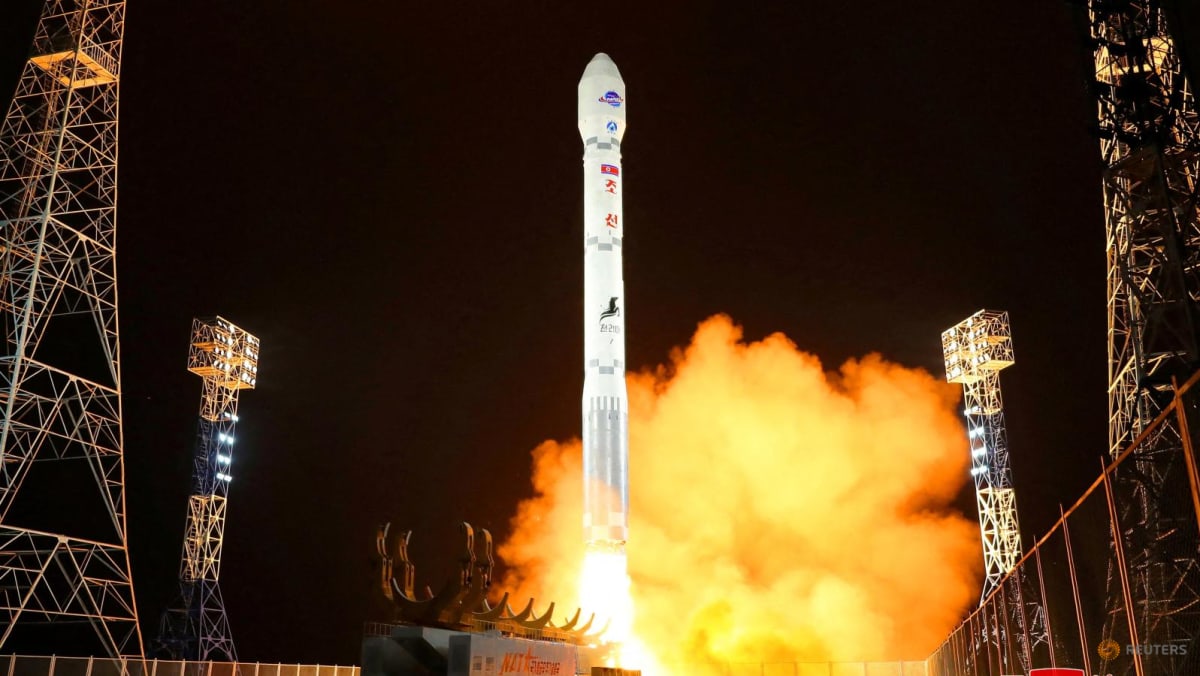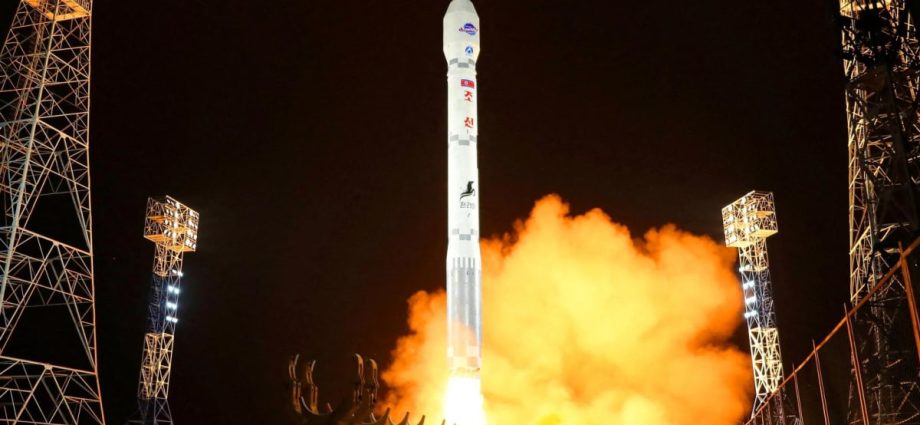
How will this affect regional and global dynamics?
In protest over the Malligyong-1’s launch, South Korea has partially suspended a 2018 military agreement with the North aimed at defusing tensions along their shared border.
The next day, Pyongyang said it would no longer abide by the deal, and would deploy “more powerful” troops and “new-type” military equipment to the region.
“The possibility of an accidental armed conflict along the Military Demarcation Line (the border) will increase,” Professor Yang Moo-jin from the Seoul-based University of North Korean Studies told local media.
“And the possibility of accidental clashes escalating into a war has also increased.”
As with the ongoing conflicts in Europe and the Middle East, any breakout of war on the Korean peninsula wouldn’t be confined to just between the two main parties.
It will be of critical interest to the US, particularly with North Korea’s status as a nuclear power state and not to mention close ties to Russia as well as China.
Researchers Victor Cha and Ellen Kim from the US-based Center for Strategic and International Studies noted that Beijing and Moscow would not support any actions by the UN Security Council to punish North Korea.
In particular, Russia’s supposed role in assisting North Korea with satellite and possibly other advanced military tech should concern the rest of the world, the analysts wrote, saying it “would be a major blow to the international nonproliferation regime and rules-based international order”.

